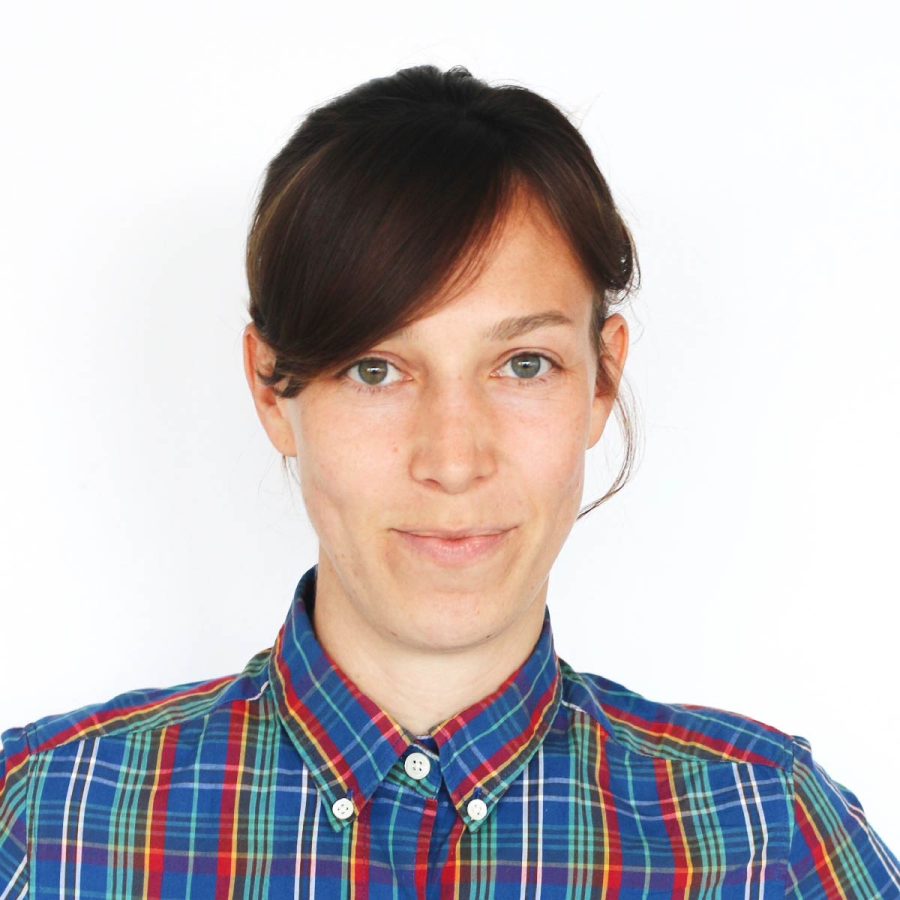Illustration by Emma Günther
When does menstruation begin?

Puberty is a time when the body becomes more “adult” and prepares for the possibility of becoming pregnant. Menstruation (getting your period) is one of the later developments of puberty. The medical word for the age or date of someone’s first period (menstruation) is menarche. When do periods start?
What’s average?
Menarche usually begins between the ages of 9–15, about two years after the onset of puberty. The average age of menarche is 12–13, but it can be normal for it to happen earlier or later (1). Age at menarche varies across countries, races and communities (1, 2). The whole process of puberty tends to last about 2–5 years (3).
The average age of menarche declined over several decades leading into the mid-20th century. This is likely due to better nutrition, hygiene and more availability of food (4). More recent declines in the age of menarche may be due to increasing obesity rates, changing diets and other factors, such as environmental contaminants (2, 5). The age when breasts start to bud in girls (the first obvious sign of puberty) has declined more than the age of menarche in recent years (6). This has led to a longer gap between breast budding and menarche and a longer pubertal duration for some young people. More research is needed to understand why and to what extent, these changes are happening.
Why doesn’t everyone get their period at the same age?
The timing of menarche is influenced by a person’s genes (family history), behavior and environment. Genes likely play the biggest role — about 60–80% (6, 7). For African Americans, an earlier age at menarche may also be a result of genetic factors, including genes associated with body weight (7) (socioeconomic factors also play a role (8)).

Earlier menarche
Beyond genes, diet can play a big role in when someone’s period starts. People with a high body mass index (BMI) are more likely to reach menarche earlier (9). Even a person’s BMI as a toddler may be a factor. Menstruation tends to come earlier in people who eat more animal protein and in those who consume more caffeinated and/or sugary drinks, like energy drinks and soda (8, 10–13). Reaching menarche at a younger age can impact health later on in life — another reason why it’s important to eat well and maintain a healthy weight when possible.
Exposure to certain environmental hazards, in-utero and in early childhood, may also lead to an earlier age at menarche. This may include a high level of exposure to DDT and certain pesticides (14).
Later menarche
Later menarche is more common in people who are thin/have a low BMI. A low BMI may be genetic, or due a medical condition causing weight loss or low energy intake, such as anorexia or a gastrointestinal condition (15, 16). Later menarche is seen in teens who live in a places without enough to eat, have nutritional deficiencies or are extremely picky eaters (17). People who do intensive physical exercise on a regular basis also tend to reach menarche later — especially sports that promote a lean body size, such as ballet, gymnastics and distance runners (18). Nutritional and exercise factors tend to delay the onset of menstruation by an average of about a year (18).
Menarche may also be delayed by certain early psychological experiences (19), and exposure to certain environmental hazards, such as lead (14).
But, like most things — there is a range of ages for “normal” puberty to occur. It can be perfectly okay and healthy for someone to begin menstruating later than the average (17). The American Association of Obstetrics and Gynecology recommends checking in with a doctor if menstruation hasn’t started by age 15, or by age 14 when paired with intense exercise or hirsutism (excess hair growth on the face, chest or back).
Adolescents who have or have not started menstruating should aim to have a check-up with an OB/GYN between the ages of 13 and 15.
In the coming weeks we’ll be publishing a practical guide to getting puberty and first periods, to make navigating these changes a bit easier.
The information found in Clue can help ease any awkwardness when talking to young people about periods. Download Clue today.